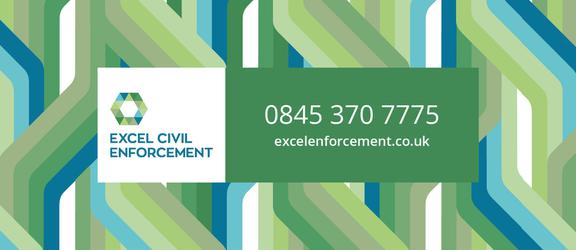Understanding economic abuse
Economic abuse is a form of coercive control usually perpetrated by an intimate partner over the other partner’s access to economic resources which the victim may be reliant on to support themselves, or, their dependents, and forces them into depending on the perpetrator for economic support, usually, financial support, and limits their ability to leave the relationship and establish independence. It’s not only related to financial abuse, but also to any un-authorised or illegal use of another person’s property, money or valuables, in order to control them, or, for the perpetrator to profit by the victim’s economic resources for personal gain.
Economic abuse is illegal and is subject to the Domestic Abuse Act 2021. An umbrella term, and includes any behaviour that has a substantial and adverse effect upon a person’s ability to acquire, use or maintain, not only money or property, but also to obtain goods or services, which negatively impacts a victims economic security and self-sufficiency.
There are significant associations between economic abuse, and mental and physical health. It also impacts on access to education, parent child interactions, and a quality of life.
Forms of abuse include, but are not limited to, physical abuse, psychological or emotional abuse, coercive control, financial and economic abuse, sexual abuse and tech abuse.
Economic abuse transcends physical limits, and is unique in so far as it can be perpetrated with little or no physical contact with the victim. Technology has enabled perpetrators to implement an extensive range of control tactics from anywhere in the world with an internet connection, making it increasingly difficult to end this form of abuse, even post relationship separation. Credit damage caused by economic abuse tactics, such as coerced debts, limits the victims economic resources and their potential to available credit, keeping them trapped in abusive relationships and a continued risk of physical violence.
Economic abuse is also associated with various facets of mental health, including, depression, self-esteem, psychosocial and psychological problems and suicide attempts. Evidence suggests that, mothers’ being the victims of economic abuse are more likely to be booked by police for criminal activity. The impact of economic abuse goes beyond the impact of the intimate partner relationship; child development can be greatly affected when living within an economically abusive relationship and exposes children to a greater risk of delinquency and bullying.
The impact of economic abuse on a victim’s financial security can be long-lasting. It doesn’t end when the relationship does. It prevents recovery and becoming independent. Interference with education and employment can make it difficult to find or keep a job. After separation, an abuser may use family law and child support to control and damage a victim’s financial security and independence. Victims may also be left responsible for debts built up by their ex- partner, making it hard to get a home, loan or meet day-to-day living costs. Economic abuse can contribute to a lifetime of economic struggle. Some are left homeless, unemployed, and unable to access resources to rebuild their lives. It can leave others staying with an abusive partner longer than they would like and experiencing more harm.
Spotting the signs of economic abuse can be difficult to identify. The following list is not exhaustive but may help you identify victims of economic abuse when conducting an interview;
- You sense that the individual cannot speak freely
- The person instructs you to speak to their partner about finances
- Person remains silent while partner does the talking
- An analysis of income and expenditure shows available surplus, but is unable to explain where the surplus goes
- Not being able/reluctant to discuss finances
- Not being able to disclose email address
- Not knowing what things cost, or, what bills are outstanding
- Expressing difficulty in receiving mail
- Saying their partner deals with all money matters
- Appears withdrawn, fearful and distressed when talking about finances
- Signs of physical abuse, bruising or unbelievable explanations of injuries
Victims of economic abuse can get advice and support services from;
- Victims of financial abuse : https://dsahelpline.org/ 0808 196 8845
- National Domestic Abuse : https://www.nationaldahelpline... 0808 2000 247
- Men’s Advice Line : mensadviceline.org/ 0808 8010327
- Surviving Economic Abuse : survingeconomicabuse.org/ 01323 635 987
- Galop : www.galop.org.uk/ LGBTQIA+ 0800 999 5428



